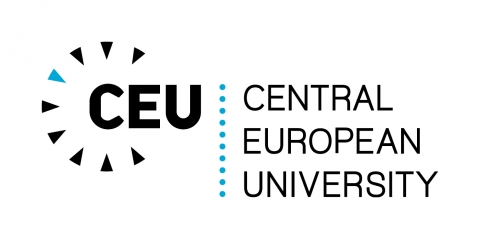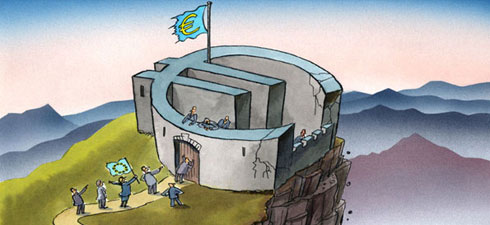 Does transparency come at the expensive of efficient decision-making? The case for a trade-off between and open and efficient decision-making has certainly been made on innumerable occasions. But whether it is in fact well grounded has, surprisingly, been subjected to rather limited systematic scrutiny.
Does transparency come at the expensive of efficient decision-making? The case for a trade-off between and open and efficient decision-making has certainly been made on innumerable occasions. But whether it is in fact well grounded has, surprisingly, been subjected to rather limited systematic scrutiny.
Political scientist Stéphanie Novak (Université Catholique en Lille) and Open Government in the EU researcher Maarten Hillebrandt (University of Amsterdam) have now begun to systematically explore the case for a non-transparent “space to think” that is systematically invoked by the European Council, and Council – purportedly in order to safeguard the efficiency of their respective decision-making processes. They will present a paper on this topic at a workshop on the centrality of European Council and Council decision-making organised by the Central European University, Budapest.
The European Council has increasingly come to the fore as a constitutionally anomalous yet powerful executive institution of the European Union. This has aroused an increasing interest from the social scientific and legal researchers, among them the researchers of the Open Government in the EU research group, who investigate its transparency and accountability arrangements (see more under publications). -MH
 By Päivi Leino-Sandberg
By Päivi Leino-Sandberg
 Does transparency come at the expensive of efficient decision-making? The case for a trade-off between and open and efficient decision-making has certainly been made on innumerable occasions. But whether it is in fact well grounded has, surprisingly, been subjected to rather limited systematic scrutiny.
Does transparency come at the expensive of efficient decision-making? The case for a trade-off between and open and efficient decision-making has certainly been made on innumerable occasions. But whether it is in fact well grounded has, surprisingly, been subjected to rather limited systematic scrutiny.